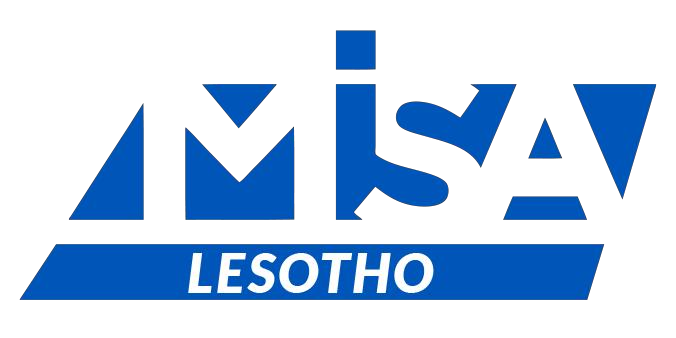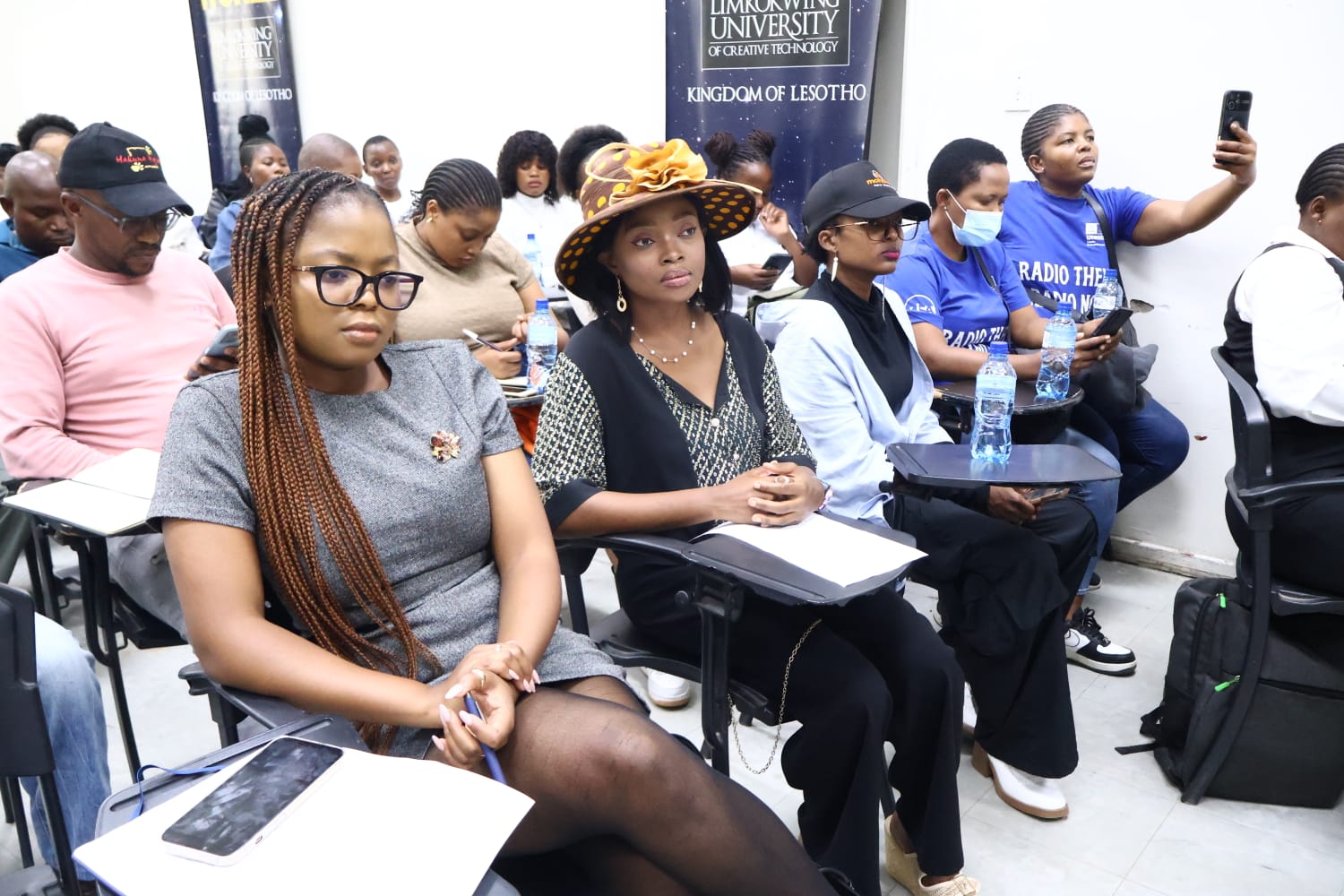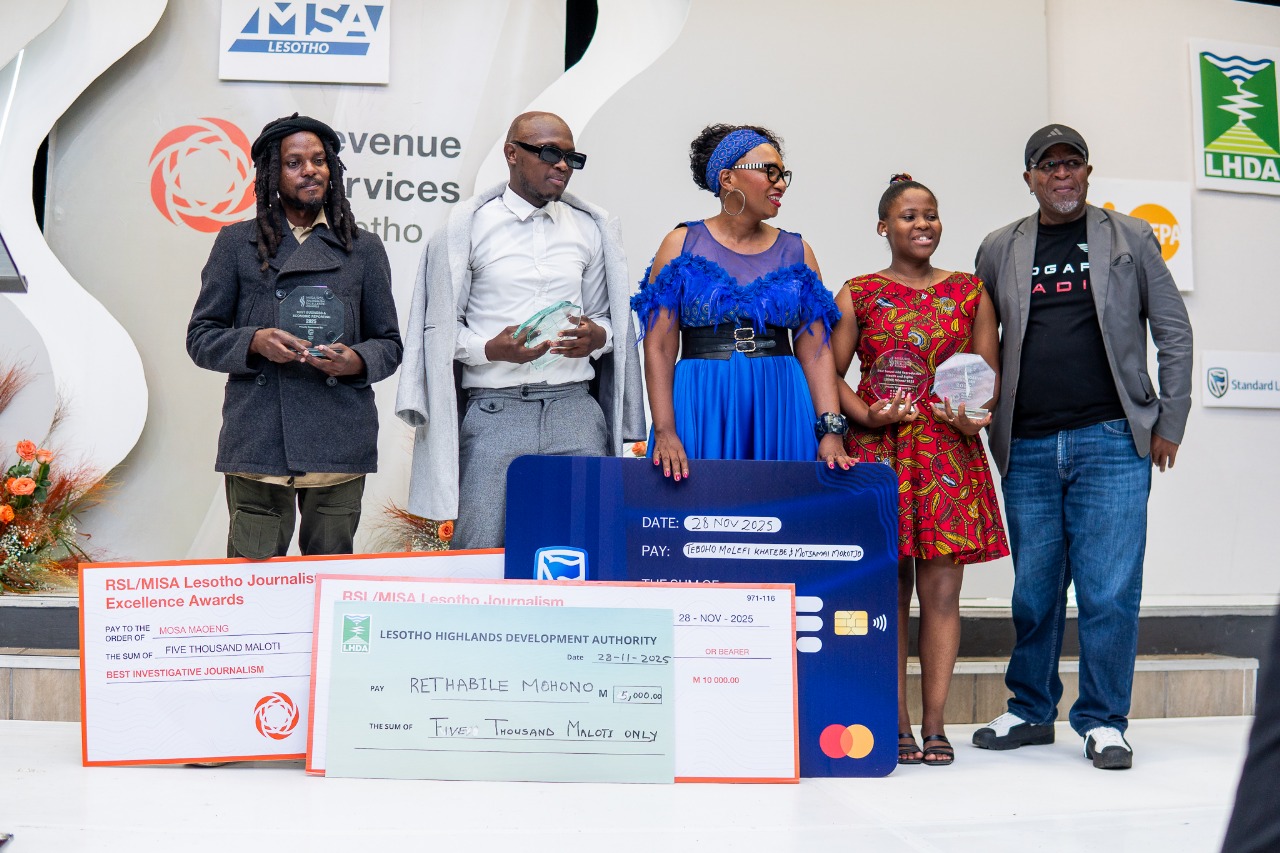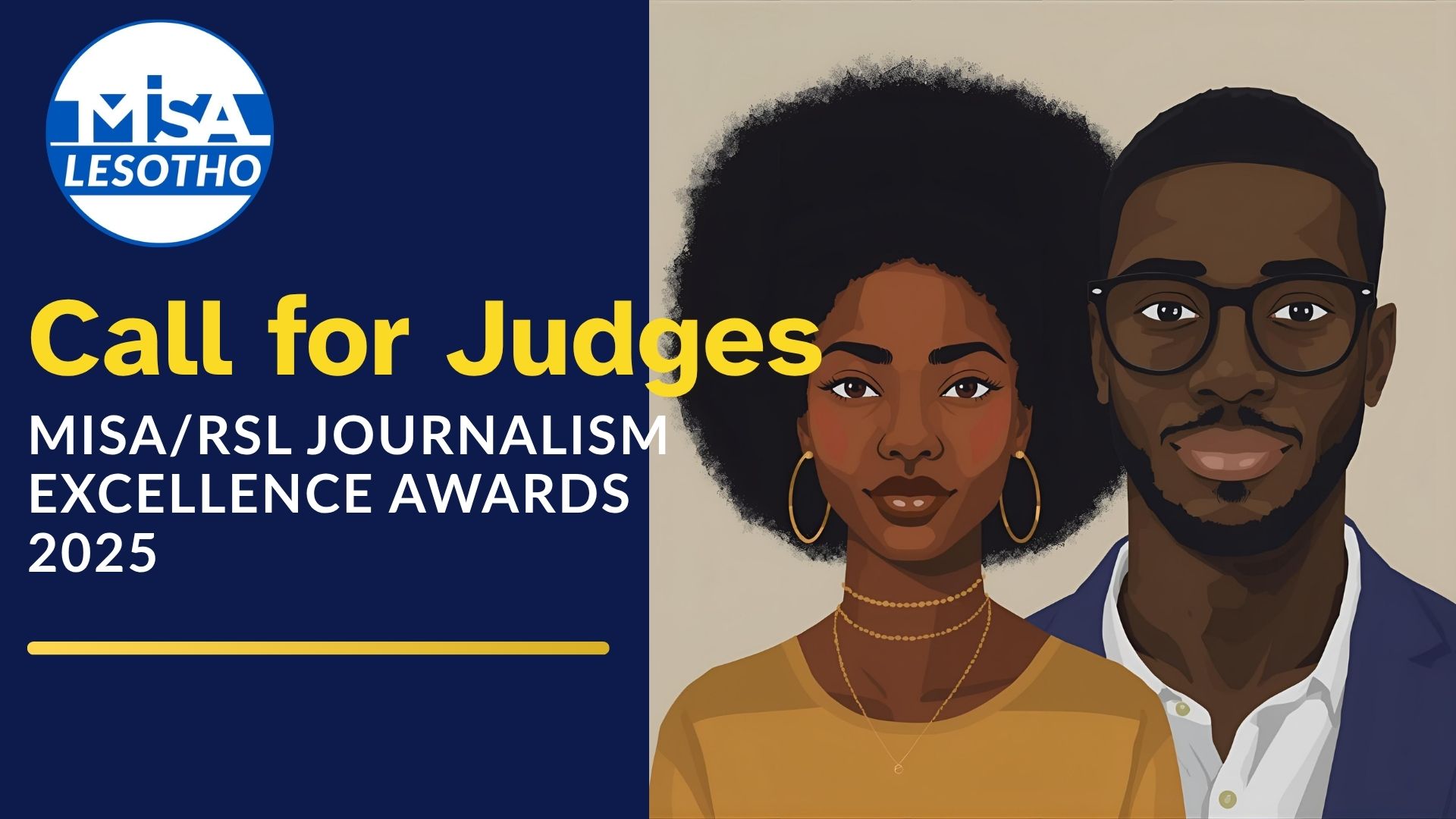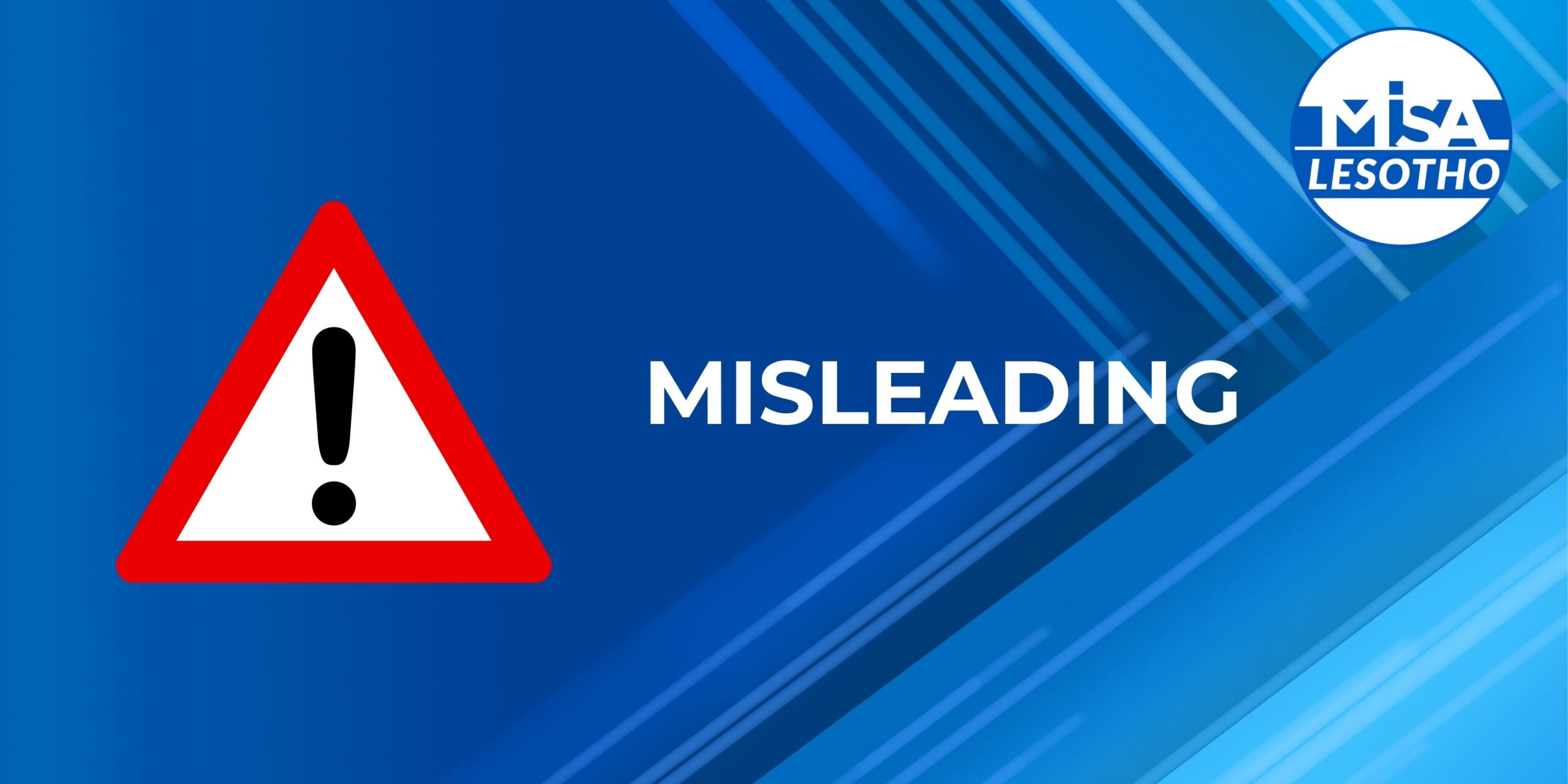MISA Lesotho issues this statement in commemoration of the 31st edition of the World Press Freedom Day. Internationally, this day is being celebrated under the theme: ‘A Press for the Planet: Journalism in the face of the Environmental Crisis.’
In Lesotho, we mark this day under a local theme: ‘Supporting local initiatives for building viability, resilience and sustainability of the media’
The 2024 World Press Freedom Day (WPFD) Commemoration follows on the footsteps of the 30th Edition commemorated in 2023. This was a landmark commemoration, which marked the three decades of the WPFD since it was adopted by the United Nations General Assembly in 1993. It provided a grand platform for reflection on the road treaded so far in sensitizing governments on the need to protect the right to freedom of expression, media freedom and access to information.
This has become a mantra for MISA Lesotho – the need to protect the right to freedom of expression, media freedom and access to information.
The Constitution of Lesotho, under Section 14, provides for freedom of expression. The Constitution, however, does not provide for media freedom.
According to the 2023 world press freedom index, Lesotho is ranked the world’s No. 88 out of 180 countries whose levels of press freedom are studied and compared by the France based Reporters Without Borders. The index is published annually during the WPFD, which means the 2024 press freedom index will be published later today.
The last year’s report shows that press freedom is fragile in Lesotho: “Abuses against journalists are not uncommon and the media lack independence.”
On May 14, 2023, just about 10 days after we commemorated the 30th edition of the WPFD, a prominent radio broadcaster, Ralikonelo ‘Leqhashasha’ Joki, was shot dead in a hail of 14 bullets by unknown assailants as he left his radio station, Tšenolo FM, around 10:00 pm after finishing his radio programme, ‘Hlokoana la Tsela’. Justice in Joki’s case is today, still pending before the courts of law.
On February 28th 2024, we published a statement expressing our concern regarding legal actions taken against some media outlets operating within our national jurisdiction.The initiation of legal proceedings against Lesotho Tribune by Mergence Lesotho, and the threat of a lawsuit against Newsday by Tholo Energy, underscored a matter of grave significance to MISA Lesotho.
Our chairperson, Mr Kananelo Boloetse, noted while MISA Lesotho acknowledges the right of individuals and entities to seek legal recourse for perceived grievances, “we must carefully consider the broader implications of such actions on the principles of press freedom and democratic discourse. It is our steadfast belief that an independent and unfettered press is indispensable to the functioning of a democratic society. The role of the media in fostering public discourse, promoting transparency, and holding power to account cannot be overstated.”
Despite this appeal by the chairperson, we have learnt with shock about the incessant threats posed to the Lesotho Tribune proprietor, Mr Phafane Nkotsi, just last moth.
According to article by Amnesty International, the threatening notes found at the premises of Lesotho Tribune were “despicable and designed to send a chilling message to journalists and the media,” the Amnesty International Regional Director for East and Southern Africa, Tigere Chagutah, is quoted.
The Amnesty International says it believes that Mr Nkotsi has been targeted in relation to recent publication by the Lesotho Tribune, of allegations of corruption at the Public Officers Defined Contribution Fund.
On April 17th 2024, staff members at the Lesotho Tribune are reported to have found three notes on newsroom desks, which read in part: “Stay away from Pension Fund issues if you still value peace in your household NJ Phafane…”
The instances detailed above are just but a few examples out of many others that depict a true picture of the level of press freedom in Lesotho in real time.
The theme for 2024 is: ‘A Press for the Planet: Journalism in the face of the Environmental Crisis.’ In 2024, focus is on the assessment of the media sector regarding its cardinal role of being ‘a watchdog within society,’a role which is found to be on a downward trend due to many challenges facing this grand sector of society.
Some of the challenges include the prevalence of the ‘information disorder’ – disinformation and misinformation on the digital spaces and media capture, which diminishes the power and influence bestowed on the media to hold the powers-that-be accountable. With all these deficiencies, the media is unable to fight the scourge of climate change and the threat to environmental sustainability.
Media freedom is affected when the media is financially nonviable and unsustainable as it dwarfs its ability to tell truth to power without fear or favour. It becomes ill-prepared to remain a powerful weapon that can save societies from many societal scourges such as the surging climate change, information disorder and the rampant corruption and public malfeasance. Who can trust a weak watchdog for safety?





